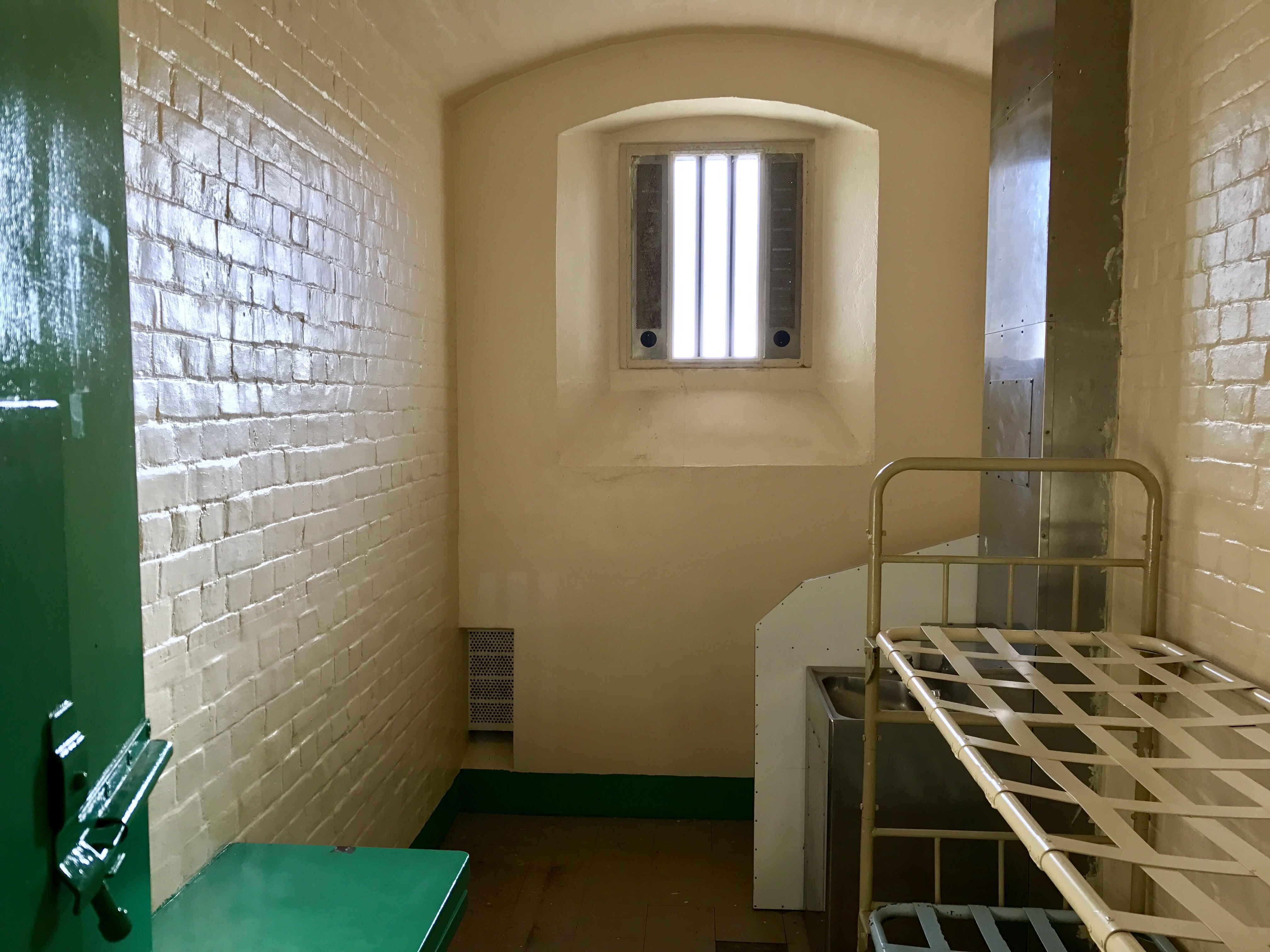Two-thirds release point

Standard Determine Sentence
In April 2020, the Release of Prisoners (Alteration of Relevant Proportion of Sentence) Order 2020 brought in a major change to the length of the time serious offenders had to spend in prison. Prior to this, where an offender was given a Standard Determine Sentence (SDS), they would be released automatically at the half way point. Following the change, those who received an SDS of 7 years or more for an offence for which the maximum penalty is life were required to serve two-thirds of their sentence in custody instead of half.
Two-thirds release point
The Police, Crime, Sentencing and Courts Act 2022 moves the goalpost again – applying the two-thirds release point to those who receive SDS’s of between 4 and 7 years if convicted of any serious sexual offence and certain types of violent offences for which the maximum penalty is life. These offences will include rape, manslaughter and wounding with intent to cause GBH but only in cases where the Judge has decided against imposing a Life Sentence or classing the offender as dangerous and imposing an Extended Determinate Sentence (EDS). These types of sentences already have controls over how and when an offender is to be released. This will align the sentencing framework for relevant offenders sentenced to 4 years or more with the existing framework for those sentenced to 7 years or over.
Sentence for Offenders of Particular Concern
For those who are given a Sentence for Offenders of Particular Concern (SOPC), the Act will ensure that the earliest point they can be released is at two-thirds of their sentence. However, this release is not automatic and is a matter for the Parole Board. If the Parole Board refuses their release, the offender will remain in custody until their sentence expires. SOPC sentences apply to specified terrorist offences, rape of a child under 13 and sexual assault of a child under 13 where the offence is not deemed serious enough to attract a life sentence or require the imposition of an EDS.
The rationale behind these changes is that holding the most serious prisoners in custody until the two-thirds point better reflects the gravity of the types of offences they have committed and will ensure the public are better protected.
Early advice is recommended
It is therefore more important than ever that you have a legal professional involved in your case from the outset in order to try and avoid any custodial sentence of more than 4 years which could then be caught by the new two-thirds rule. As legal experts, we have the knowledge and experience to consider any new legislation and advise you on your position.
Anyone who is to be interviewed by the Police under caution, either under arrest or by voluntary arrangement, is entitled to free and independent legal advice, regardless of your financial situation. We would always recommend you have a legal representative, whether you think you are guilty or not.
Contact
If you have any questions about this new Act, or would like further information from our specialist crime solicitors, please contact us on 0191 232 9547.



